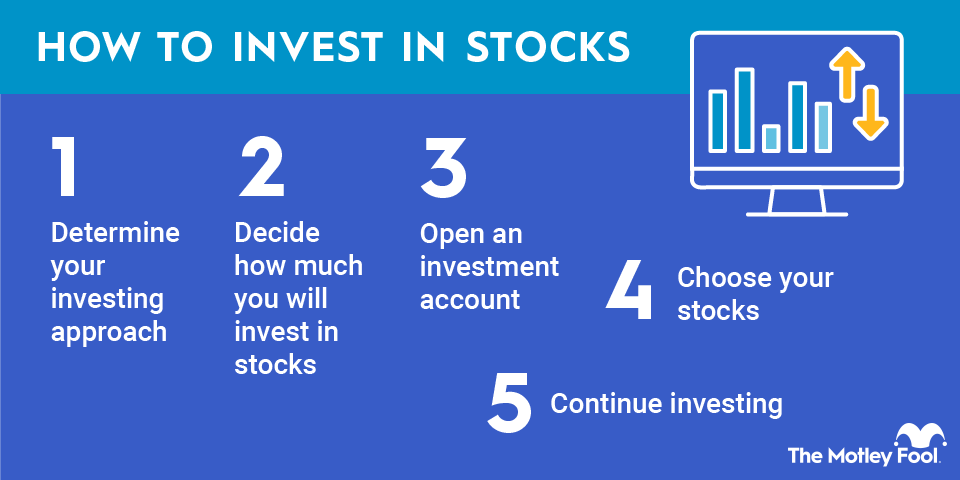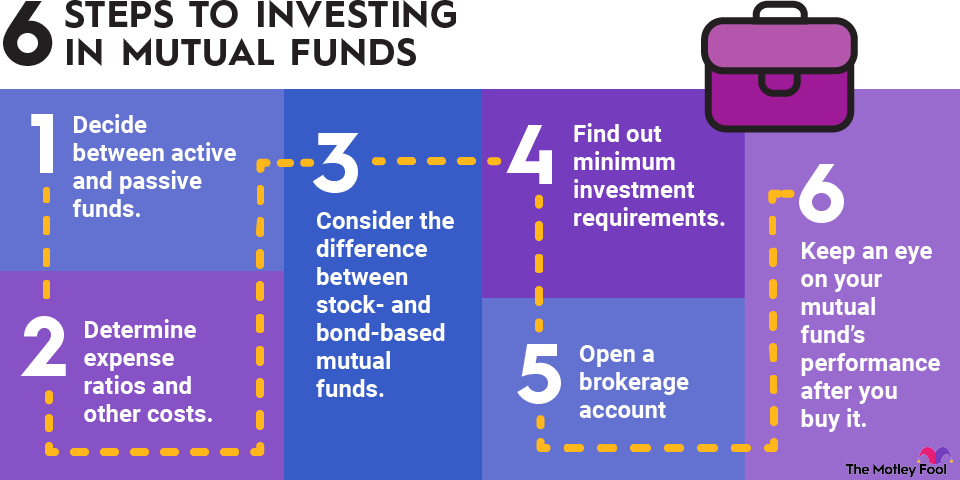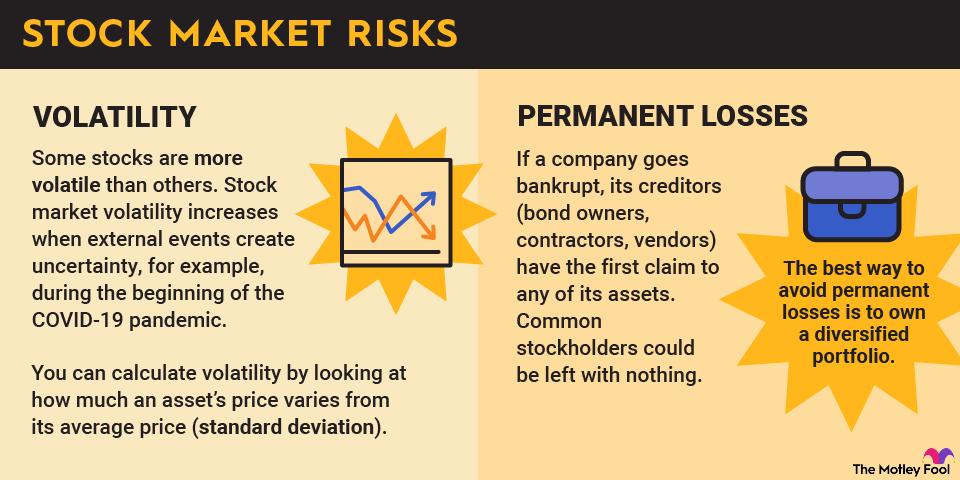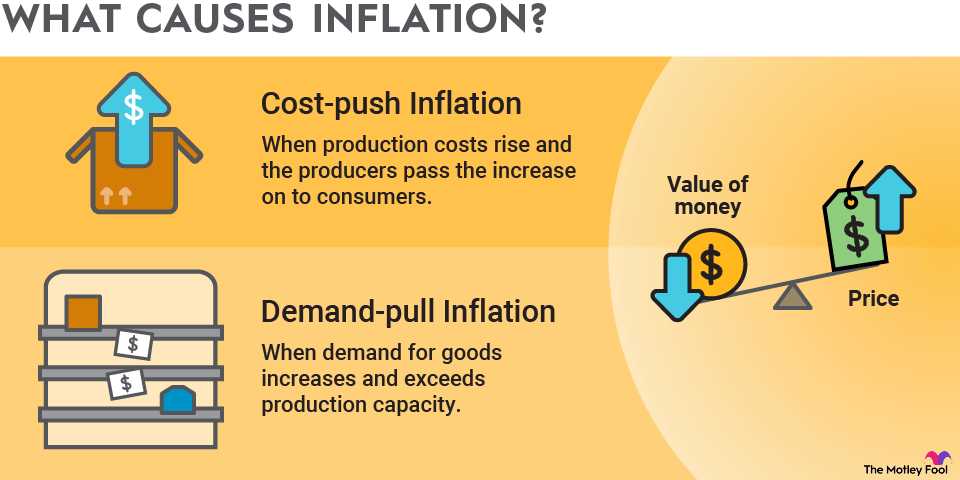What Is the Penalty for Withdrawing a CD Early?
By Matthew Frankel, CFP – Updated Dec 16, 2025 at 3:05 PM EST
Loading paragraph...
Loading image...
Loading paragraph...
A low-risk, time-bound savings account offering higher interest rates in exchange for locking in funds.
Loading paragraph...
Loading paragraph...
Loading paragraph...
Loading paragraph...
Loading paragraph...
Loading hub_pages...
Loading paragraph...
Loading faq...
Matt Frankel, CFP, is a contributing Motley Fool stock market analyst and personal finance expert covering financial stocks, REITs, SPACs, and personal finance. Prior to The Motley Fool, Matt taught high school and college mathematics. He holds a bachelor’s degree in physics from the University of South Carolina, a master’s degree in mathematics from Nova Southeastern University, and a graduate certificate in financial planning from Florida State University. He won a SABEW award for coverage of the 2017 Tax Cuts and Jobs Act. He is also regularly interviewed by Cheddar, The National Desk, and other TV networks and publications for his financial, stock market, and investing expertise.
The Motley Fool has a disclosure policy.




















